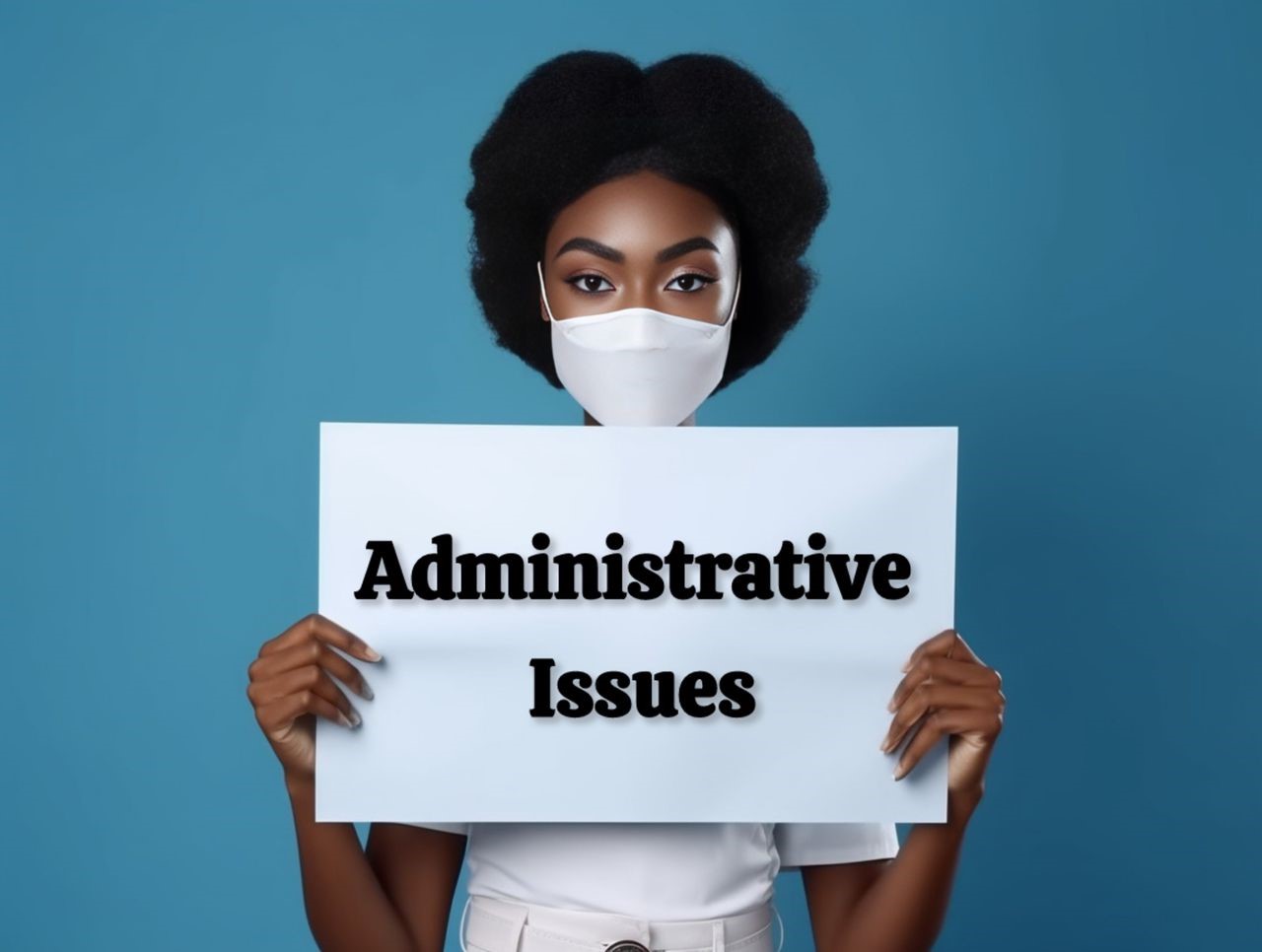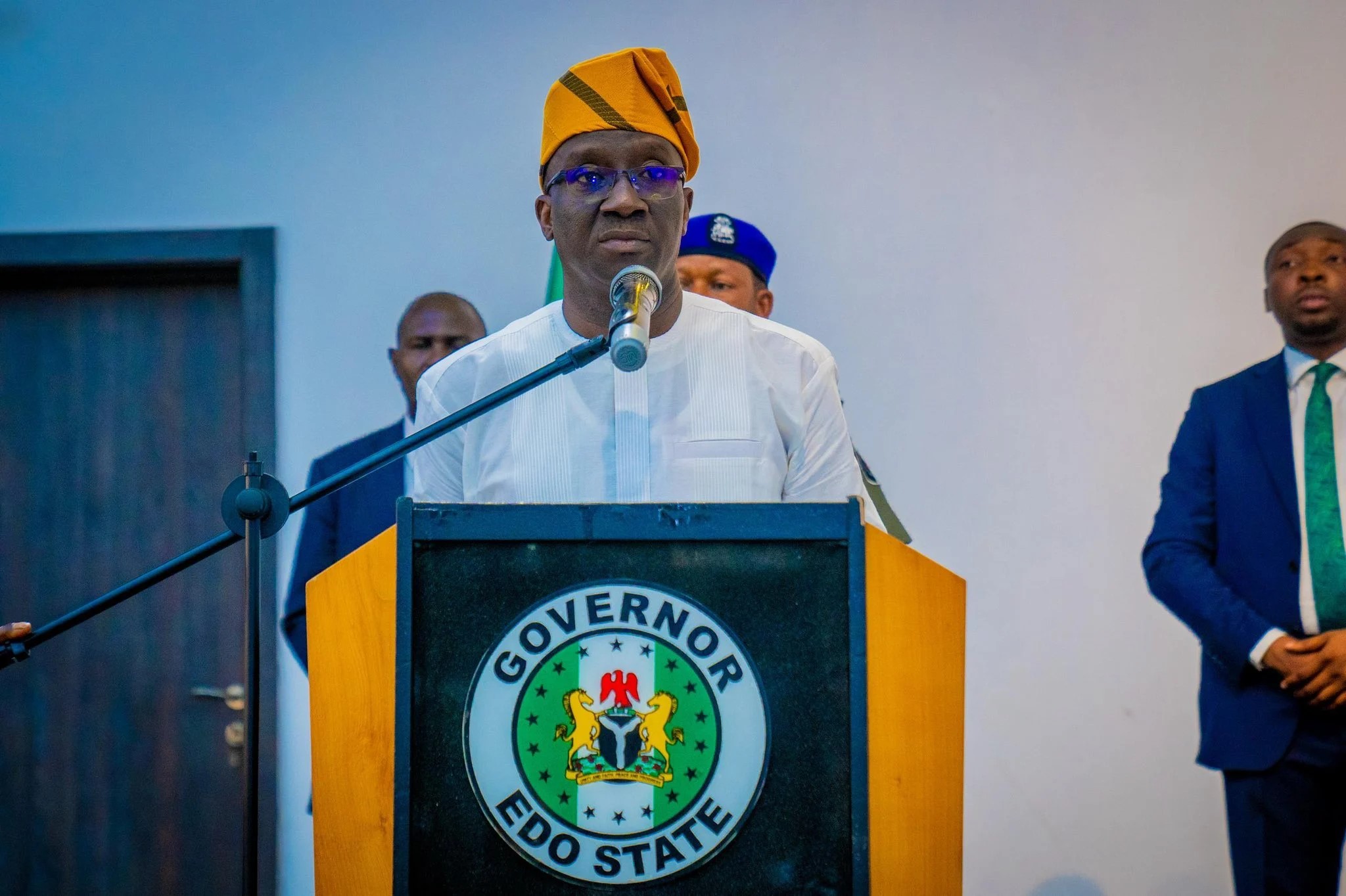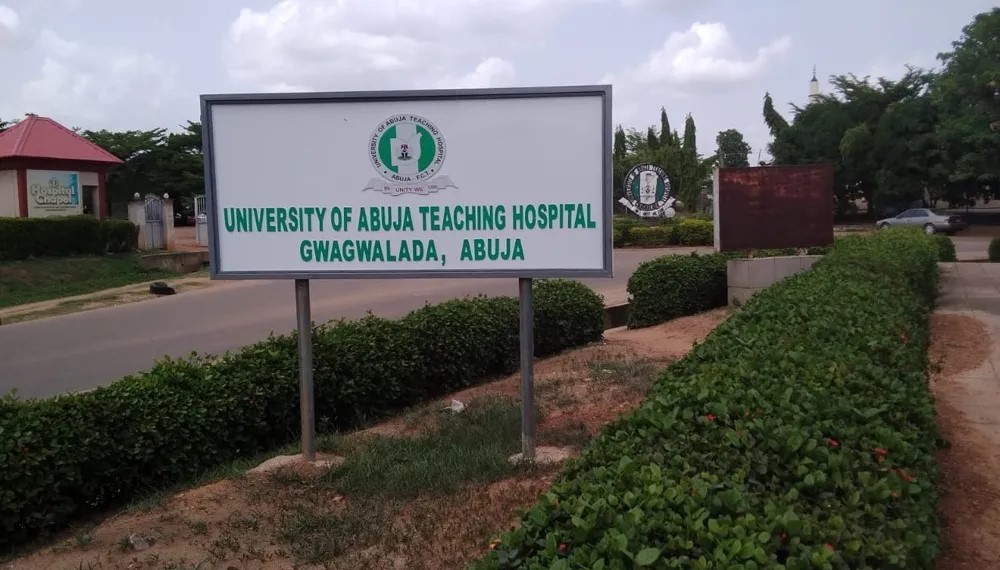
The National Association of Nigerian Nurses and Midwives (NANNM) has stated that over 90% of its demands in the ongoing nurses’ strike in Nigeria carry no financial implications. The association urged the Federal Government to urgently address these longstanding administrative issues, which it says have been neglected for years.
Mrs. Josephine Bassey, Chairperson of the Cross River State chapter of NANNM, made this known on Thursday in Calabar during a monitoring exercise to ensure full compliance with the union’s seven-day warning strike. According to her, the bulk of the union’s demands are purely administrative, including policy implementation, structural reforms, and enforcement of existing court judgments, rather than requiring fresh funding.
Among the key issues raised by the union is the gazetting of the nursing scheme of service, which was approved as far back as 2016 but has yet to be officially implemented. The union is also calling for the creation of a Department of Nursing within the Federal Ministry of Health, which it believes will help streamline policies and improve professional representation at the federal level.
Another major demand is the centralisation of internship placements for nursing graduates across the country. According to Bassey, this would ensure uniformity and fairness in placement processes. Additionally, the association is advocating for a comprehensive review of the provisional allowances granted to nurses and midwives, which many consider outdated and inadequate.
The union also wants the government to address the acute shortage of nursing personnel in public hospitals by recruiting more professionals into the system. Furthermore, it is calling for the inclusion of nurses on the governing boards of both federal and state-owned health institutions, a move it says will ensure that nurses have a voice in policy decisions that directly affect them.
“These are not monetary demands,” Bassey stressed. “They are longstanding issues requiring administrative will and commitment. We are simply asking for the government to do what is right by the nursing profession and the health sector as a whole.”
She confirmed that compliance with the strike directive had been total across Cross River State, with full participation recorded on the first day. According to her, NANNM officials began monitoring activities at 7:30 a.m., visiting various health facilities to ensure strict adherence to the strike. She added that any nurse found flouting the directive would have been withdrawn from duty and sanctioned by the union’s national leadership.
Bassey highlighted the critical role nurses play in Nigeria’s health sector, noting that they constitute between 60% and 65% of the entire healthcare workforce. She warned that the continued neglect of their demands could undermine service delivery in hospitals and healthcare centres across the country.
“If the government truly values the pivotal role we play in healthcare delivery, it must act swiftly to meet our demands,” she said.
While acknowledging that the industrial action may cause inconvenience for patients, she appealed for public understanding and support. “We feel the pain of the patients, but we also urge them to lend their voices and appeal to the government on our behalf. We are ready to return to work as soon as our demands are met,” Bassey added.












